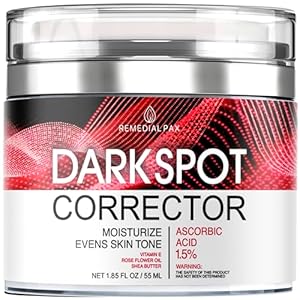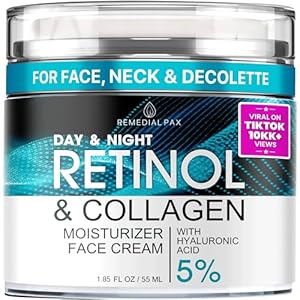
Telomeres are repeated DNA sequences at the ends of chromosomes. A little of this length is lost with each cell division, one part of the countdown mechanism that limits the number of times a cell can replicate before becoming senescent or undergoing programmed cell death. In stem cells that must continue to produce daughter cells with long telomeres, the enzyme telomerase is active to lengthen telomeres. To the extent that stem cell activity declines with age, average telomere length in tissues becomes shorter and the number of senescent cells increases, as fewer new long-telomere cells are produced. Meanwhile, cancerous cells have undergone mutational changes allowing them to abuse telomerase to bypass the normal replication limit.
The intersection of aging and cancer is a multifaceted issue arising from the interplay between aging processes and cancer development. In fact, aging is linked to a higher frequency of genetic mutations and genomic instability, all of which can predispose cells to malignant transformation. Additionally, the efficiency of DNA repair mechanisms and immune surveillance declines with age, further increasing cancer risk. Chronic inflammation, characteristic of both aging and cancer, creates an environment conducive to cancer initiation, growth, and progression. Addressing the complex relationship between cancer and aging requires a deep understanding of the underlying molecular and cellular processes and a personalized approach to cancer prevention, detection, and treatment.
Recent research has highlighted the significant impact of chronic inflammation on immune aging, showing a strong correlation between inflammation and telomere biology in various major health conditions, including cancer. New evidence suggests that aging is driven by chronic inflammation, which depletes stem cells, disrupts cellular communication, and leads to telomere loss – telomeres being protective “caps” at chromosome ends. To maintain telomere length and protect chromosomes from damage, highly proliferative cell types, such as hematopoietic progenitors and effector leukocytes, use the enzyme telomerase. Telomerase activity is influenced by leukocyte proliferation, persistent inflammation, and the production of reactive oxygen species (ROS). This review focuses on potential interactions between inflammation and telomere biology in cancer development. Understanding the immune system’s interplay with telomerase activity could reveal new therapeutic targets for treating cancer and other age-related disorders.
Trending Products











